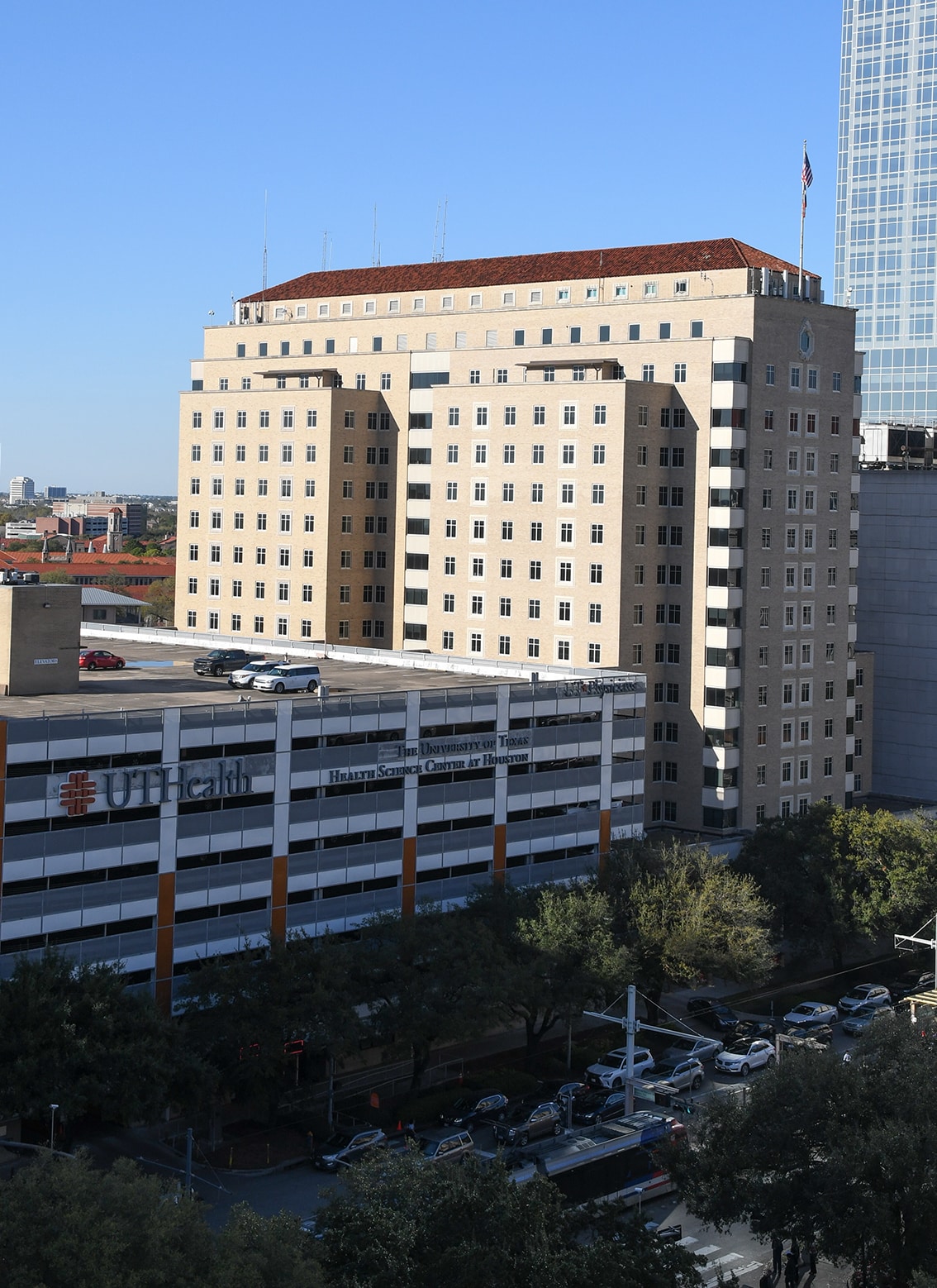January 30, 2024
In observance of American Heart Month, cardiologist Francisco Fuentes, MD, prescribes five key actions to keep the heart going strong.
UT Physicians provides primary and specialty care for patients of all ages. We have over 2,000 health care providers with expertise in more than 80 specialties and subspecialties. From routine visits to advanced services, our physicians practice at more than 100 locations across the Greater Houston area. Find the care you need and schedule an appointment with us today.
If you are a patient of UT Physicians, the information below outlines our process and facilities to facilitate a relaxed and successful experience.
With more than 2,000 clinicians certified in more than 80 medical specialties and subspecialties, UT Physicians provides multispecialty care for the entire family.

There has been an error in displaying this message. Please contact the site administrator.
UT Physicians Cardiology has the most comprehensive range of advanced cardiovascular diagnostic and imaging modalities available in the United States. We have our internationally recognized cardiovascular specialists interpret these studies, so that your results are analyzed and a treatment plan developed to optimize your cardiovascular health and well being.
We offer the following imaging and diagnostic technologies:
High Pedestrian Alert
The Fannin facing side of the UTPB Garage Building has a high traffic of pedestrians. Please be careful when entering and exiting the parking building.
| Time Range | Rate |
|---|---|
| 0 Minutes – 1 Hour | $4.00 |
| 1 Hour – 1 Hour 20 Min | $5.00 |
| 1 Hour 20 Min – 1 Hour 40 Min | $6.00 |
| 1 Hour 40 Min – 2 Hours | $7.00 |
| 2 Hours – 2 Hours 20 Min | $8.00 |
| 2 Hours 20 Min – 2 Hours 40 Min | $9.00 |
| 2 Hours 40 Min – 6 Hours | $10.00 |
| 6 Hours – 24 Hours | $20.00 |
| Lost Ticket | $20.00 |
| Daily Max | $20.00 |
| Valet Parking – 0 Minutes – 6 Hours | $12.00 |
| Valet Parking – 6 Hours – 24 Hours | $20.00 |
*No in and out privileges
On Fannin Street, Take a right on the Ross Sterling light between Mac Gregor and John F. Freeman Blvd.
